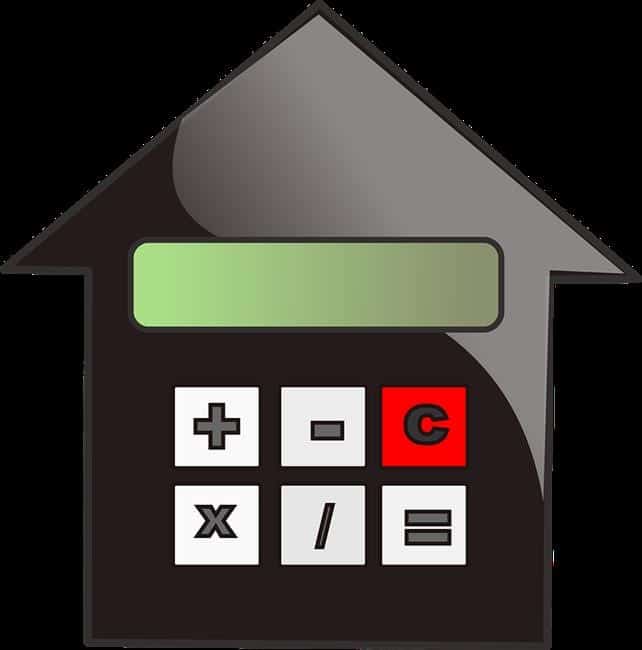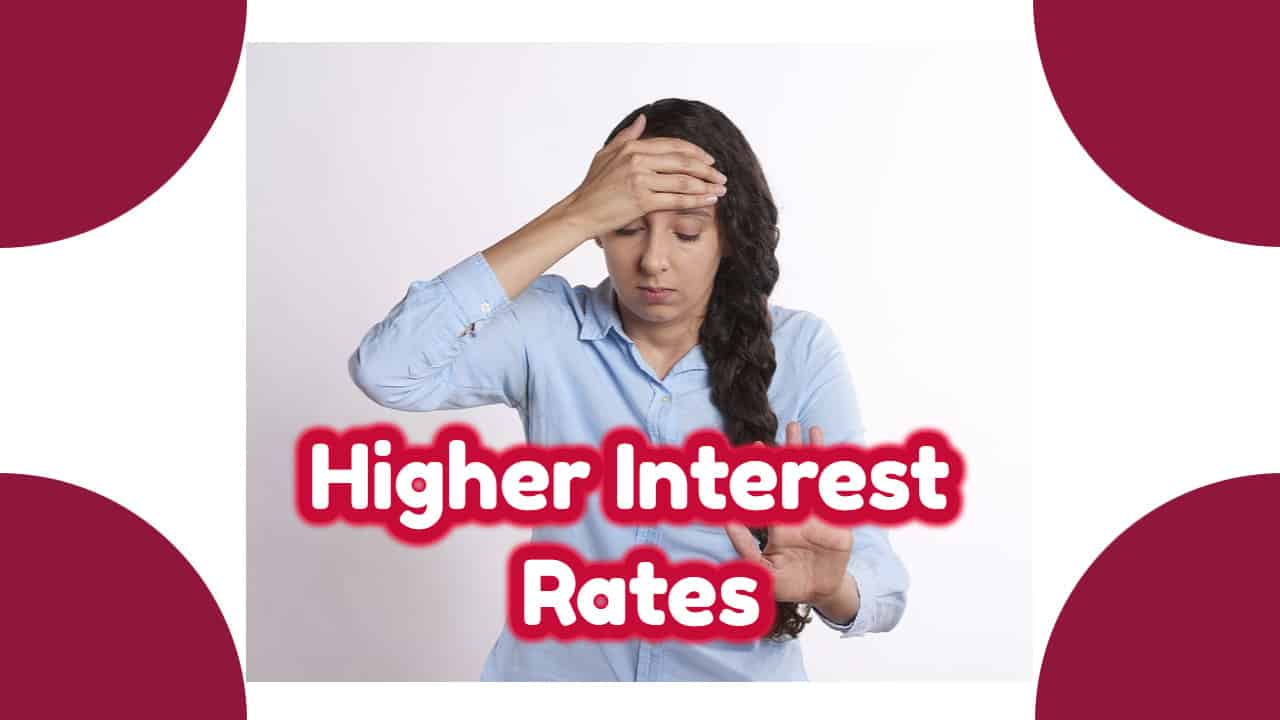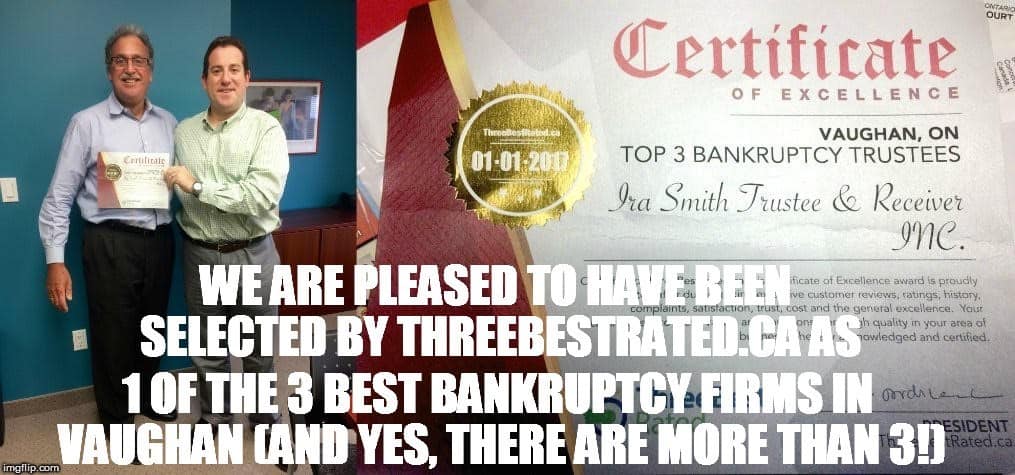Interest rates Canada 2017: Introduction
Canada, the United States and much of the globe has remained in an extended period of reduced rates of interest. But the Bank of Canada, led by Governor Stephen Poloz and the US Federal Reserve, led by Janet L. Yellen as Chair of the Board of Governors of the Federal Reserve System, are the independent bodies in Canada and the US, respectively, that set base rate targets for the financial markets. They have now begun to slowly raise interest rates, so interest rates Canada 2017 are on the rise.
Interest rates Canada 2017: They are on the rise
On July 12, 2017, Governor Stephen Poloz announced the benchmark interest rate increase to 0.75 per cent from 0.5 per cent. Most economists expect that rates will continue to climb at least one more time before the end of the year.
Changing interest rates can impact our ability to service our debt on variable rate or prime based interest rate loans. One way to keep our debt load under control is to adjust our spending and saving behavior to pay down debt appropriately.
Interest rates Canada 2017: They are on the rise – so how much debt should I try to pay off?
When the Bank of Canada signals a rise in its benchmark rate, or a Governor Stephen Poloz speech on interest rates signalling an increase, the Canadian banks then raise:
- its prime rate of interest;
- the interest rate on variable rate loan products;
- the interest rate on loans based off the prime rate;and
- the interest rate on fixed rate loan products such as mortgages.
When those interest rates rise, we should try to look at paying down some debt so that our total cost of borrowing does not increase. We try to figure out how much debt to pay down by using the following formula:
New Debt Balance = Annual interest expense from older interest rate divided by the new interest expense of the new rate
We use the annual rate of interest of our portfolio before the rate hike due to the fact that we understand that’s what we could currently manage to pay every year. Simply take the weighted average of all the various rates of interest that we’re paying, and separate it by the complete amount of debt we have.
$ 100,000 x 3% = $3,000
Using the example above we understand the annual interest expense I was originally paying was $3,000. So, we could use the formula to figure out how much debt I ought to be reducing to maintain my capacity to service my obligations.
Annual previous interest cost/ the new expense (%) of borrowing = New Debt Balance
$ 3,000/ 3.25% = $92,308
This implies that to keep paying $3,000 a year in interest, I must have a debt balance that’s around $92,300. Because I in fact have $100,000 of debt I have to make some difficult choices.
Interest rates Canada 2017: They are on the rise – so it is now decision time
I could either pay down my debt by $7,692 ($100,000 – $92,308), or accept paying more interest each year as well as make my regular monthly payments. The first alternative implies I will need to sacrifice personal costs to conserve more to pay down my debt. The second choice enables me to spend even more now, however will cost me an extra $250 yearly (in this example, 0.25% x $100,000) that I’m providing to the bank with nothing in return.
It really depends on what the purpose of borrowing in the first place was. Debt to pay for consumer purchases, you would want to try to reduce the debt as quickly as possible.
When you incur debt for investment purposes, then you might prefer to pay a little more tax deductible interest. If a stock’s price typically follows earnings, and earnings will grow, then the stock price should eventually grow as well.
The rate of interest we pay is simply one reason. Changes to our income, financial investment income, household scenarios, place, as well as situations around tax obligations all comes into play when making a choice about debt.
Interest rates Canada 2017: The effect of higher interest rates on the economy
Higher interest rates end up causing a slower economic climate. As people rush to pay for debt or spend more cash to service their present financial debts they must spend much less on consumer goods. Every person should set up a financial portrait that captures their scenario precisely so they can plan for further interest rates in the following 12 months.
Interest rates Canada 2017: What should you do if you have too much debt?
I hope that you have found this vlog helpful. If you’re looking for ways to end your financial debt call Ira Smith Trustee & Receiver Inc. Our strategy for every single person is to develop a result where Starting Over, Starting Now comes true, starting the minute you stroll in the door. You’re just one call away from taking the necessary actions to get back on the road to leading a healthy and stress free life.





